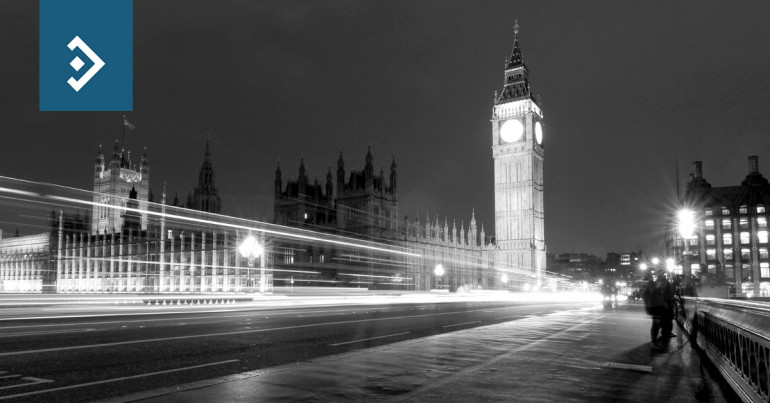
Prime Minister to Outline Post Brexit Vision, and Offer Cash
Morning mid-market rates – The majors
August 22nd: Highlights
- May to offer Eur 20 Billion in exchange for two-year transition
- Soft Brexit vision will anger Brexiteers
- EU will still expect progress on other key issues
May’s “soft Brexit” vision at odds with Brexiteers
In carefully worded snippets released by the Cabinet Office it appears Mrs May will offer payments of up to Eur 20 billion with the proviso that discussions over the future relationship and customs union can begin immediately.
Sterling climbed to a high of 1.3587 and 0.8836 following the “leak” as traders see a soft Brexit as preferable for the economy. Pushing the final departure date into the future could also see businesses encouraged to invest again leading to a strengthening of the economy. May has gauged the mood in her Cabinet and although such offers will anger the “Hard Brexiteers, in particular Foreign Secretary Boris Johnson, the passage of the various Bills through the House of Commons should be smoothed.
It remains to be seen what response will come from the EU but it is probable that the headlines were agreed in advance with Herr Juncker since it is doubtful the Prime Minister would risk such a “slap in the face”.
Considering your next transfer? Log in to compare live quotes today.
Eurozone Political Risk returns with German Election
Mrs Merkel’s encouragement to EU migrants and refugees to settle in Germany has rankled parts of the electorate although with unemployment below 6% the typical right-wing gripes have been somewhat stilled. There is still, however, the spectre of a Far-Right Party being represented in the Reichstag for the first time since 1960. The AfD (Action for Germany) has seen support skyrocket following several controversial advertisements which play on the fears and aspirations of German Nationalism.
With Italy set to hold an election by next May at the latest, with the usual political turmoil that such an event brings, it will be sensible for the ECB to remain on hold as long as possible while the dust settles.
The major opposition parties in Italy each favour the introduction of an alternative currency for internal use only that will rival the Euro much to the horror of Brussels and Frankfurt. The details of such a move are still in their infancy and the inability of the five opposition parties to agree on anything else means their ability to form a Government is almost zero.
U.S. and U.K. rate hikes in the balance
In the U.S., next week’s inflation data will be critical if the Fed is to follow up on the withdrawal of quantitative easing with a rate hike. Inflation has been benign for some time as wage growth has followed a similar path to that of the U.K. Political pressure for a normalization of monetary policy remains although the President has been reticent to criticize Janet Yellen, one of his favourite targets during his election campaign, as part of the reason for the current situation is his failure to make progress over either fiscal reform or an economic stimulus package.
U.K. rate hike too little too late
Imported inflation due to the value of the currency doesn’t put the U.K. in the same league as Zimbabwe just yet but the factors driving higher prices are, to a certain extent, outside the control of the Central bank. “Real” inflation driven by an overheating economy is almost non-existent in the U.K. Wage growth is lagging prices by close to 1% and business investment is being strangled by Brexit uncertainty. A rate hike against such a scenario would be hard to fathom. It also wouldn’t provide the quick fix that a rise in Sterling would bring as it takes some time to feed through into the economy.
Have a great day!

About Alan Hill
Alan has been involved in the FX market for more than 25 years and brings a wealth of experience to his content. His knowledge has been gained while trading through some of the most volatile periods of recent history. His commentary relies on an understanding of past events and how they will affect future market performance.”



